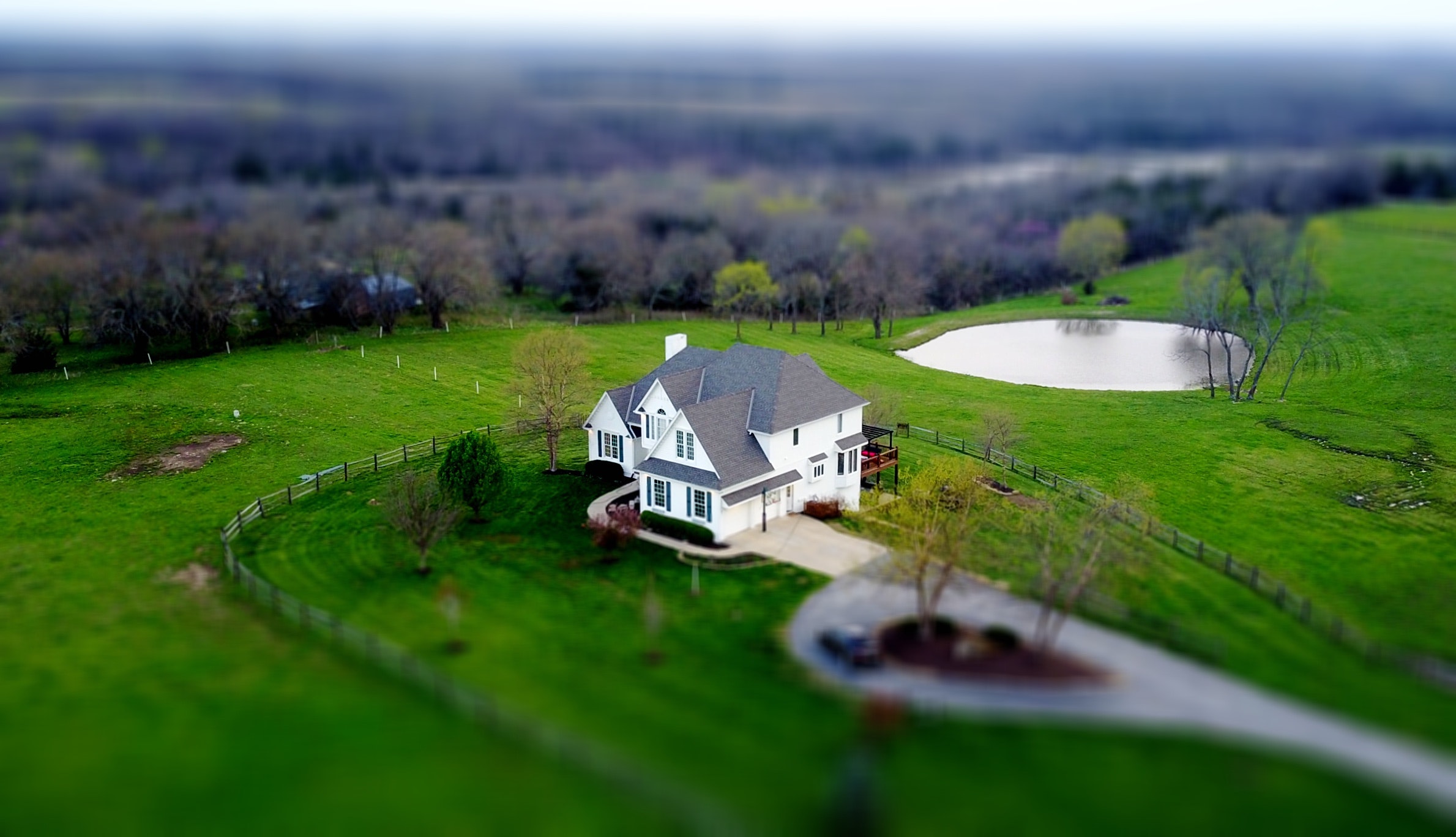Big Innovation In World’s Smaller Smart Cities
But some of the most innovative smart cities are outside of large urban areas, with smaller populations and less geographic reach that can often allow for more flexible innovative strategies. Many of their initiatives also address systematic inequality in accessing resources like transportation, education and work opportunities. Here are six examples of how small cities all over the world are taking steps to become smart leaders.
From leaky French pipes to energy efficiency
Saint-Sulpice-la-Forêt in western France claims to be the smallest smart city in the world, with only 1,500 inhabitants. After a shockingly high water bill, the mayor learned that a leak in the distribution system was greatly increasingly the cost.
- The fact that Saint-Sulpice-la-Forêt didn’t have the means to hire outside experts did not stop it from addressing the issue.
- The town worked with local technology companies to develop a front-end IoT solution to detect leaks in the public buildings, some built recently and some over 100 years old.
- The investment was worth it: In addition to decreasing water bills, the city also identified excessive heat and electricity use, significantly reducing energy costs and environmental footprint.

Harvesting the electrical power of plants in Tanzania
In Africa, “smart villages” have been proposed as a way to monetize agricultural production and stem migration to urban areas. Terrat, a Maasai village in Tanzania, uses biofuel created by the local jatropha plant for an electric grid to power businesses, schools, an internet cafe and a radio station.
- The grid has also expanded television and smartphone access and consequently connection to the rest of the world.
- The Maasai people, known for raising cows, have also been able to commercialize their dairy production through grid-powered refrigeration, processing and aging technology. Their yogurt, butter and cheese as well as other local goods are sold at markets.
- Perhaps most vitally of all, residents can now go to a local clinic instead of traveling for health care services.
Food comes first for this Canada town
Guelph, located in Southwestern Ontario, won a 2019 Canadian Smart Cities Challenge for its plan to become the country’s first circular food economy.
- Located about 100 kilometers from Toronto, with a population of around 130,000, Guelph has been lauded for achieving one of the country’s lowest unemployment rates.
- The city and surrounding county is growing as much regenerative food locally as it can to avoid food waste and the ecological impact of travel.
- Through partnerships with entrepreneurs and food experts as well as 50 businesses dedicated to circular food production, Guelph plans to increase access to nutritious and affordable food by 50% while also increasing economic revenues by 50%.
South Korea builds its smart city from scratch
While large Asian capitals like Singapore and Tokyo have become world renowned as smart models, many smaller cities have since adopted similar practices. Songdo, located outside of Seoul near South Korea’s main international airport, has only around 100,000 inhabitants, but it is adopting a holistic smart city plan.
- The “city in a box” that is being built from scratch encourages more sustainable commuting through extensive bike lanes and electric charging stations as well as sensors to monitor traffic.
- Songdo has also dedicated 40% of its urban area to open space and installed a fully-integrated waste management system.
- The city requires no garbage trucks; instead, waste is sucked directly from the kitchen through a series of tunnels to be sorted and treated for maximum recyclability.
Turning a Thai vacation paradise into a tech hub
In Thailand, the mountainous island of Phuket is a popular international tourist destination for its celebrated rainforest and beaches.
- Last year, the Thai government picked 30 cities for development of targeted state-of-the-art technology, including Phuket, with a unique focus on smart tourism.
- The Phuket Smart City Innovation Park hopes to attract investment through start-ups and entrepreneurs and a widespread public WiFi system aids the tourism economy.
- To manage the influx of visitors and mitigate any environmental damage, Phuket is helping businesses develop more sustainable energy methods, particularly solar power.
Bringing a Brazilian community into the smart city
With less than 400,000 inhabitants, Vitória has made significant achievements in terms of smart health, safety and education practices.
- Located on a small island with the same name, Vitória built a smart fence system that has reduced vehicle thefts by 15% and a panic button for domestic violence survivors to alert authorities.
- The city is also encouraging its citizens to become involved: The Factory of Ideas provides a physical space to train entrepreneurs in a variety of fields including creative industries and tourism.
- Trabalha Vix is a sort of employment Tinder, connecting those looking for work with job offerings.
